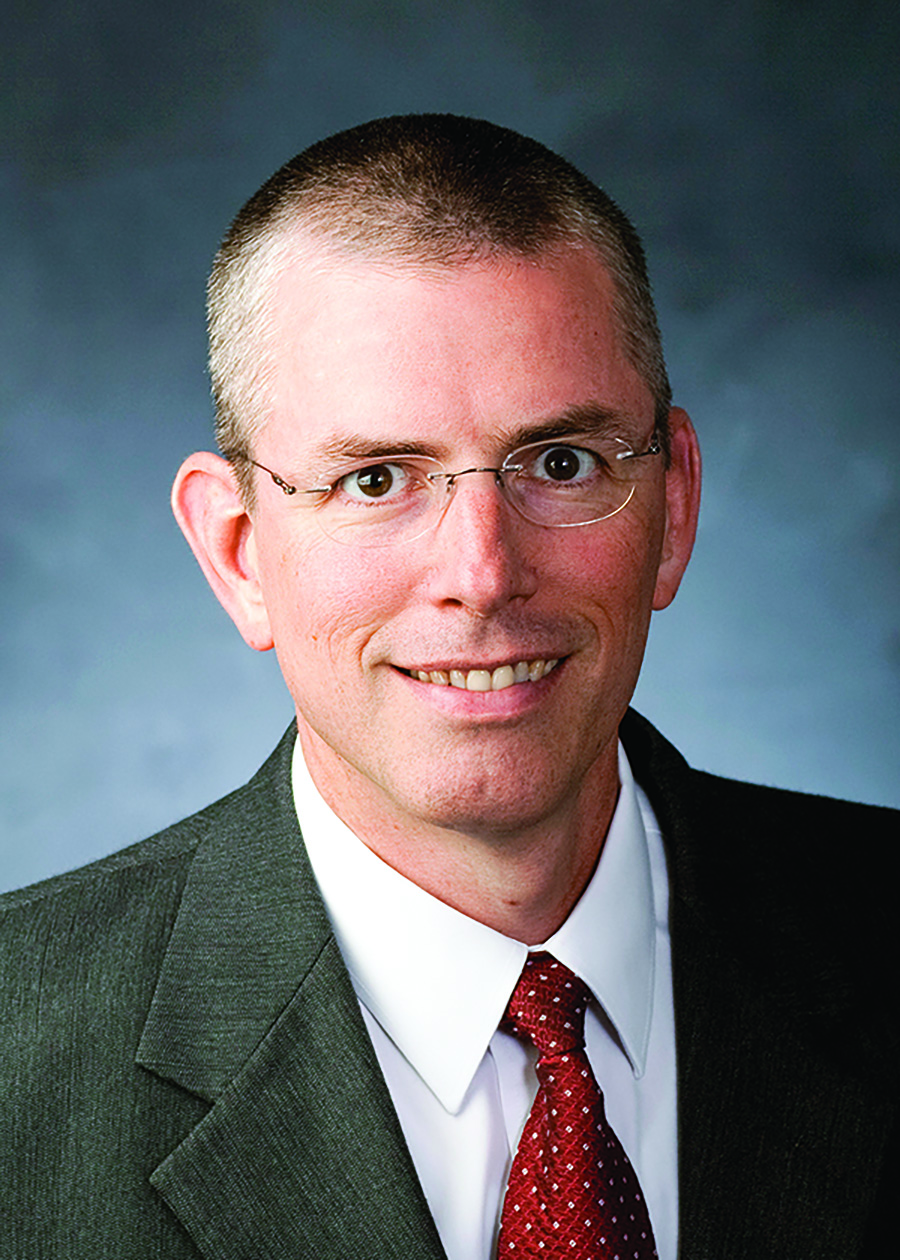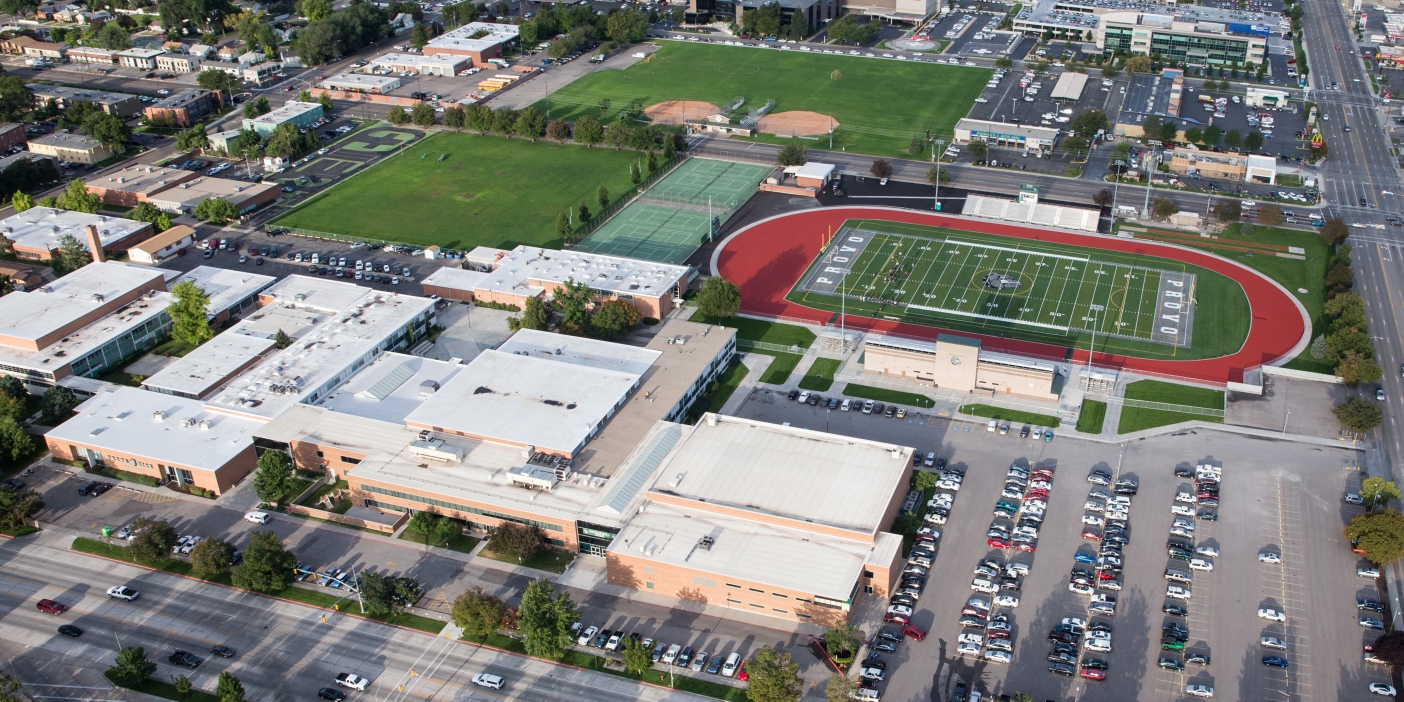By using our agency to learn, we increase our agency—and our ability to do good.
My mother taught me to love the writings of John Steinbeck. I enjoyed reading the copy of The Grapes of Wrath in our bookcase, and eventually I found my way to East of Eden, which Steinbeck considered his magnum opus. I was fascinated by the novel and its exploration of the universal story of Cain and Abel, set in 19th- and 20th-century America among families any of us might recognize—people who could be us or our neighbors.
In chapter 24 a character named Lee gives an account of studying the Cain and Abel story. He focuses on Genesis 4:7, which the King James Version of the Bible translates as “If thou doest well, shalt thou not be accepted? and if thou doest not well, sin lieth at the door. And unto thee shall be his desire, and thou shalt rule over him.”
However, in the American Standard Version, the last phrase is rendered “but do thou rule over [him]” instead of “thou shalt.” The underlying Hebrew word that leads to the differences in translation is rendered in the novel as timshel, and it means, essentially, “you may.”
The character Lee explains all this in the following key passage from East of Eden:
“Don’t you see?” he cried. “The American Standard translation orders men to triumph over sin. . . . The King James translation makes a promise in ‘Thou shalt,’ meaning that men will surely triumph over sin. But the Hebrew word, the word timshel—‘Thou mayest’—that gives a choice. It might be the most important word in the world. That says the way is open. That throws it right back on a man. For if ‘Thou mayest’—it is also true that ‘Thou mayest not.’ Don’t you see?” . . .
. . . “‘Thou mayest’! Why, that makes a man great, that gives him stature with the gods, for in his weakness and his filth . . . he has still the great choice. He can choose his course and fight it through and win.” [Chapter 24, part 2; emphasis in original]
Steinbeck wove this concept masterfully throughout the story of the families in East of Eden. But this is our story too. For each one of us this statement is true: “thou mayest” or “thou mayest not.” The choice is ours.
Father Lehi told his son Jacob that we “are free to choose” (2 Ne. 2:27). In modern revelation, the Lord declared that men and women
should be anxiously engaged in a good cause, and do many things of their own free will, and bring to pass much righteousness;
For the power is in them, wherein they are agents unto themselves. [D&C 58:27–28]
What will you and I do with our agency?
The Savior has repeatedly invited us to employ our agency to learn (see D&C 130:18; Matt. 11:29; and D&C 19:23), and we are under a divine mandate to acquire education so we can fulfill our missions in this life (see D&C 88:78–80).
In Gethsemane Jesus Christ was faced with a choice: whether to partake of the bitter cup or to shirk this most difficult of responsibilities. To our everlasting benefit, He yielded to the Father’s will. When He made this singularly momentous choice—this hinge upon which the entire plan of salvation turned—He learned how to accomplish the Atonement. As Isaiah expressed it, “by his knowledge [this] righteous servant justif[ied] many” (Isa. 53:11; emphasis added), and, we are told, “with his stripes we are healed” (Isa. 53:5). This power came from knowledge, from learning, and from the righteous exercise of agency.
What will you and I learn with our agency? What will we do with that learning? By exercise of agency we learn, and by learning we increase our capability to act, which is agency. And when we exercise our agency to learn and grow, our influence will increase and we will accomplish much good in this world.

This essay is adapted from a devotional address given by information systems professor Stephen W. Liddle on May 3, 2016.












